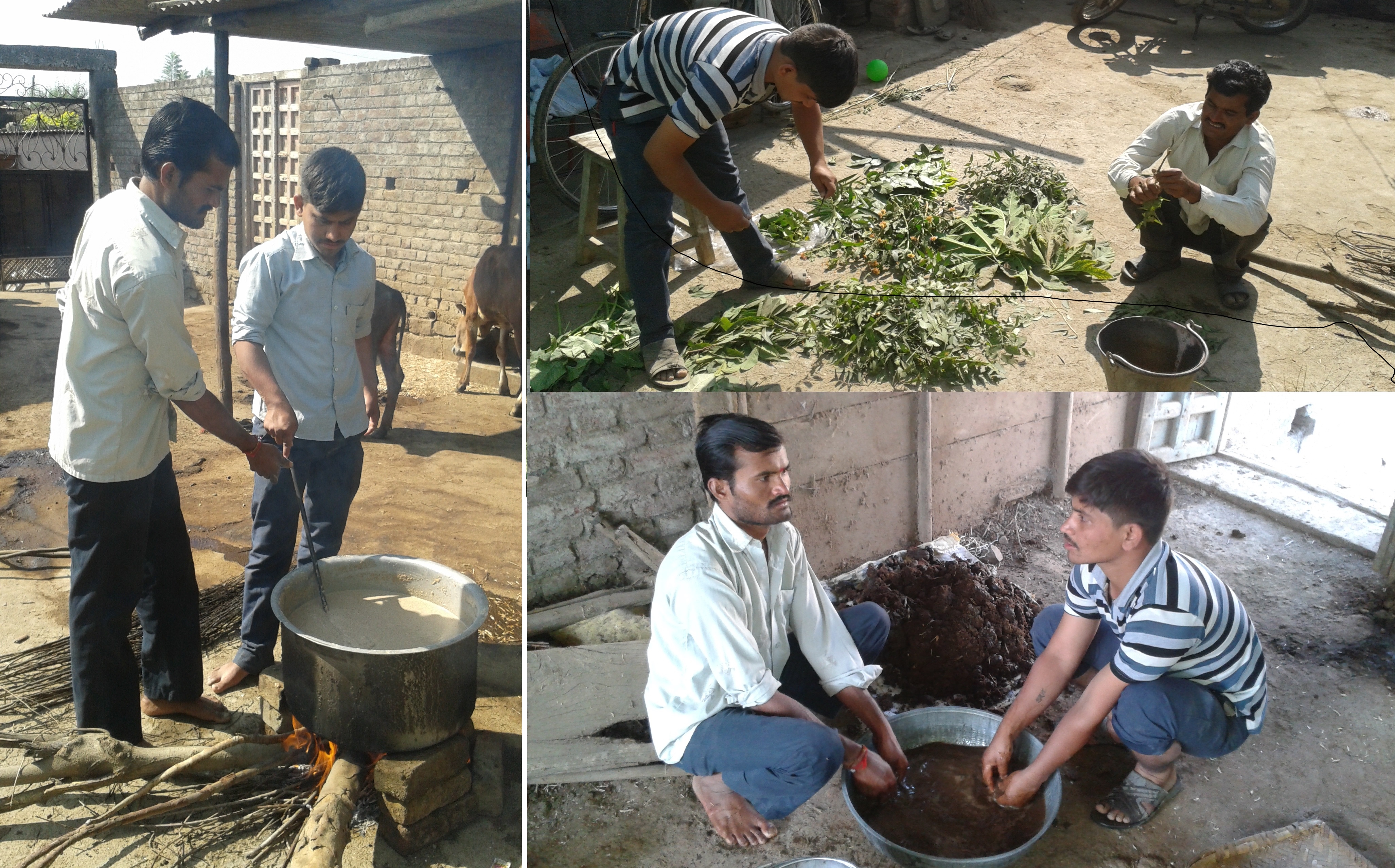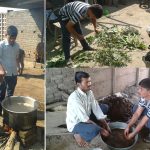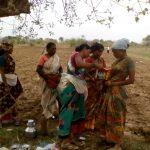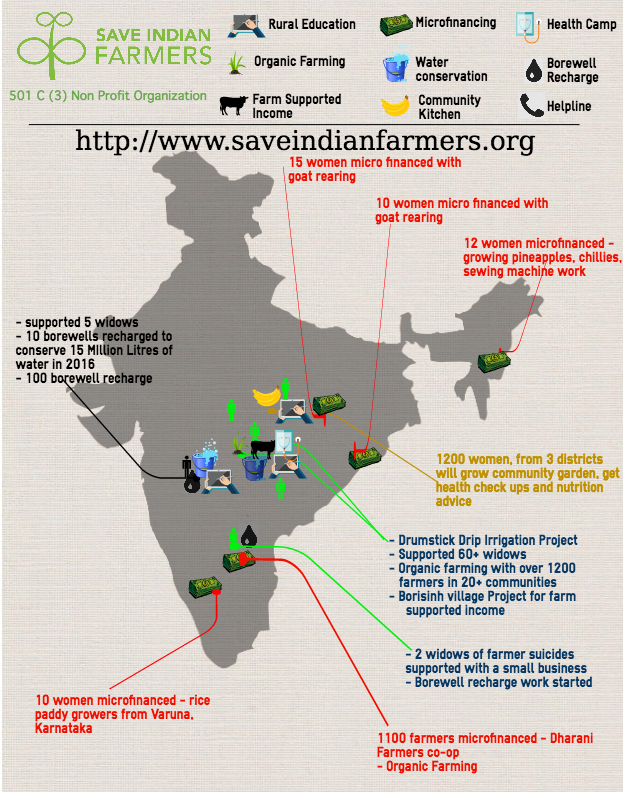Saangaati – The guide. Saint Tukaram was 17th century poet, who wrote जेथेजातो, तथेेतू माझा सांगाती – wherever I go, you are my guide(navigator). Today in the state of Maharashtra, where this poet was born, the need for a guide, who helps distressed farmers, is crucial. Farmers have let go of the basics, that made agriculture the noble occupation of India. In India, 1 farmer commits suicide every 41 minutes. Majority of those suicides come from Maharashtra, India’s leading industrial state. If this situation has to change, we need to make focused investments to rebuild future for India’s farmers.
Project Saangaati is about guiding farmers to use best agricultural practices, thus increasing their crop yields. We plan to deploy the team of local experts who have proven with their pilot phase that farmers who take strategic approach to farming, can benefit monetarily and grow eco friendly crops.
India’s farmers have relied primarily on rain fed cash crops and overuse of chemical fertilizers to increase their crop yields and sustain commodity prices. This has resulted in significant damage to local eco system, agricultural systems, rural economy and social fabric. Expert guidance and counselling at individual level will help rebuild agricultural sector of India that contributes to 51% of India’s employment sector. Our multi-faceted approach will also help change lives of 1200 people towards better farming and healthier, educational and environment friendly practices

























